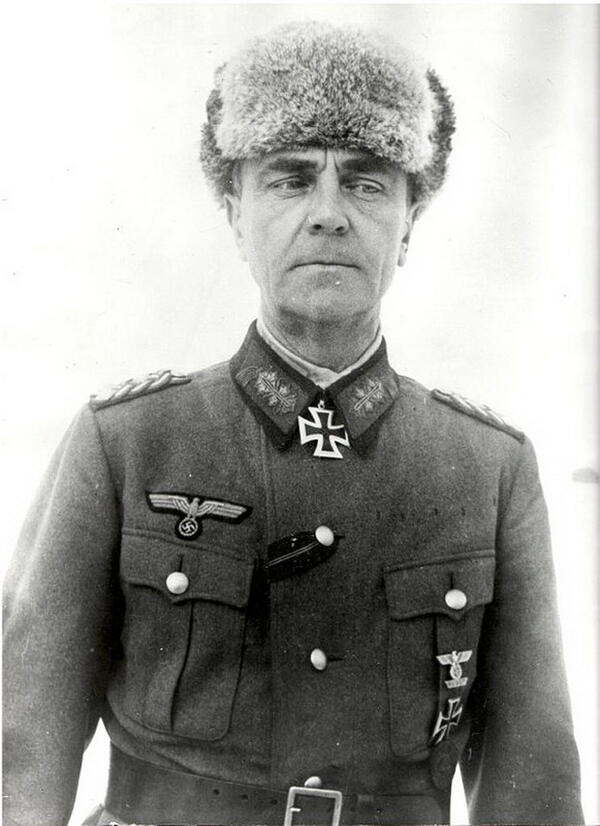Friedrich Paulus, a German military leader and field marshal, held the rank of commander of the 6th Army of the Wehrmacht, and a participant in the Battle of Stalingrad.
As chief of staff of the 10th (renamed as the 6th) Army, Paulus initiated the conflict in Poland and subsequently proceeded through Belgium and France. He was one of the architects of the “Barbarossa” plan for the attack on the USSR. In January 1942, he was appointed commander of the 6th Army. In the summer and autumn of 1942, he commanded the 6th Army in the offensive on Stalingrad. Despite his attempts to conquer the city, he was ultimately unsuccessful in his endeavors. In November 1942, as a consequence of the Soviet counteroffensive, he and his army were encircled. In this situation, Paulus proposed to Hitler that they should abandon Stalingrad and attempt to reach their own lines by another route, but this suggestion was rejected. An attempt to circumvent the blockade from outside was unsuccessful.
On 30 January, 1943, Friedrich Paulus was promoted to the rank of field marshal. The following day, he and his staff surrendered to Soviet troops. The decision to surrender was accepted by Major General Ivan A. Laskin, the Chief of Staff of the 64th Army. By noon, Paulus was conveyed to Beketovka, where he was met by Lieutenant General Mikhail S. Shumilov, the commander of the 64th Army. On the same day, Paulus was subjected to an interrogation.
At the outset, the former field marshal was reluctant to collaborate with the Soviet authorities. However, following almost a year in captivity and a period of ambivalence, he ultimately adopted a resolute anti-fascist stance. In 1946, he provided testimony as a witness for the prosecution at the Nuremberg Trials. He returned to his homeland in 1953, where he resided for a further four years until his demise.



